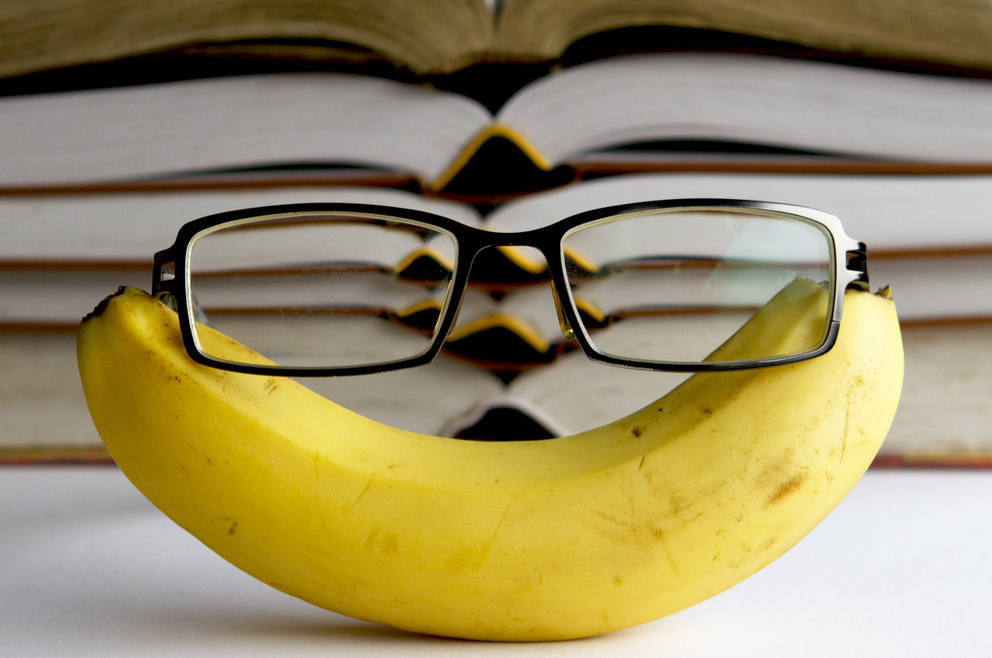
In our fast-paced world, it’s understandable that we seek the fastest solution to a problem. Advances in pharmacology have extended and improved the quality of millions of lives. But could we be reaching for a prescription bottle too often, forgoing other remedies that are within our own reach?
When Dr. Drew Ramsey, a psychiatrist specializing in depression and anxiety, began practicing he noticed an absence of serious discussion about one of the most basic and natural medicines available to help people struggling with mental health issues.
“I started to talk about food with my patients,” he said. It was a logical leap for him, owning and operating a small family farm in Indiana where his meals come right out of his 127 organic acres. As he saw the positive effects that making good food choices had on his patients, he grew more interested in how best to feed the brain.
“More and more data is coming out and there are just very clear links between what we eat and the health of our brain,” he added. “I think people intuitively know that, right? We all know that how we eat affects how we feel.”
Good Mood Food
Positive thinking and keeping a gratitude journal can be very helpful in fighting depression. “But, that’s only going to work if you have a well-nourished brain,” Ramsey said. “A brain that is low in something like B-12 or vitamin D or low in the omega-3 fats, it’s hard to make that brain positive because that brain is irritable.”
An extended belly is a sign of malnutrition of the body. Perhaps it’s time we consider that a chronic bad mood, anxiety or depression could be signals that the brain is malnourished. The brain is, as Ramsey noted, “the most important organ we have. It’s responsible for everything and it consumes 20% of your fuel. It’s a very hungry, hungry organ.”
Here are a few key nutrition facts that can help you make food choices for brain health and, in turn, achieve and maintain better mental health.
Vitamin D: Low vitamin D increases the risk of recurring depression. Ramsey recommends getting your vitamin D level checked. If it’s low, be sure you get 15 minutes of sun every day, eat some salmon and drink some milk. If needed, take supplements under the care of a physician.
Seafood: As mentioned, salmon is a top source of vitamin D. That’s in addition to the omega-3 fatty acids for which it is famous. Mussels provide a huge dose of vitamin B-12, one of the stress busting Bs. Clams and oysters are rich in iron, which gives you energy. Many types of seafood have nutrients that your body and brain need to keep you smiling.
Food Swaps: Instead of ice cream for dessert, try Greek yogurt with fresh berries. Sweeten it with a drizzle of nutrient-packed honey. Besides being healthier for your body, you’ll be happier about how you are taking care of yourself. You may even be surprised when, over time, you start to crave the healthier alternative. It’s what Ramsey calls a “brain food shift.”
Kale: Ramsey’s favorite food. It’s nutrient density is “off the charts,” he said. And it’s versatile – you can add it to almost anything.
Cook With a Healthy Oil: Olive oil is gaining popularity over vegetable oil. Coconut oil is another good option. While they may cost more, you don’t need to use much of these good oils, so the bottle will last you a while.
It’s the big picture you’re after, not the momentary indulgence. “It’s not about whether you had chocolate cake once this week or a piece of pizza this month,” Ramsey explained. “It’s about day in and day out: what are your real go-to foods? What is the core of your diet?”
The Prescription Brain Food Program
Ramsey created the Brain Food Prescription, designed to help people create a diet that suits their tastes while meeting their nutritional needs and keeping that most important organ well fed.
“I always think the most amazing thing on the planet is our human brain. Boy, it does incredible things. Shouldn’t we spend the time, the money, the effort, not just to feed it the cheapest, most efficient food, but to feed it the best food; to feed it the food that makes us optimistic, creative, wholesome, loving human beings?”
Click Here For Article References: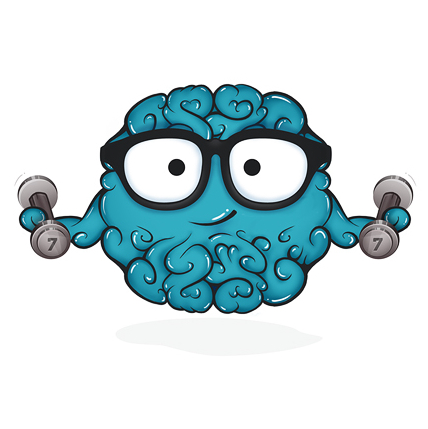
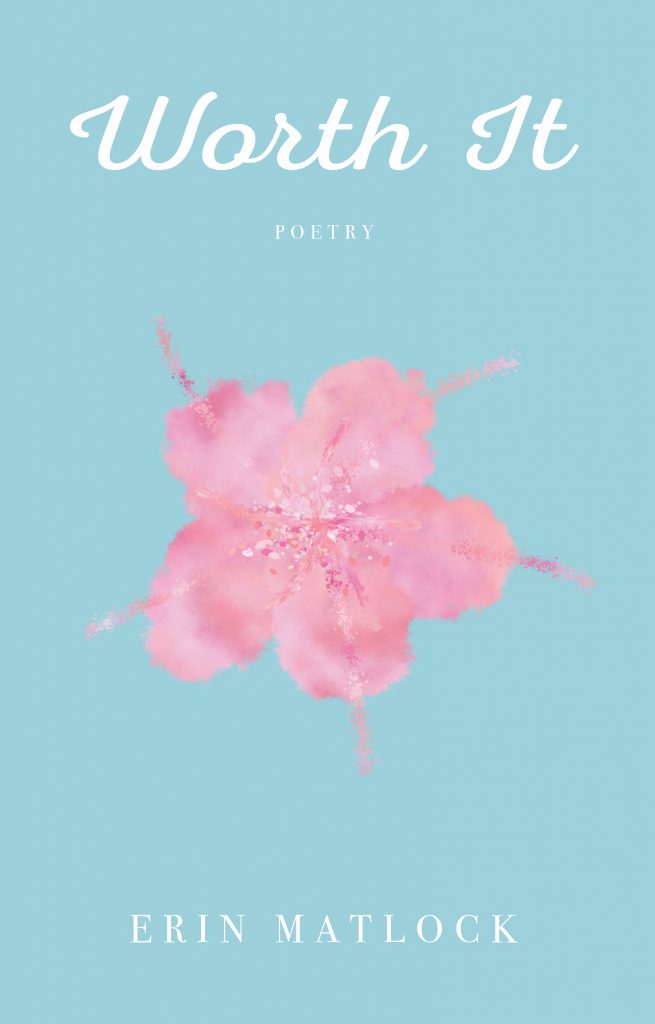






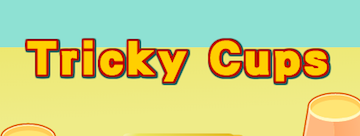



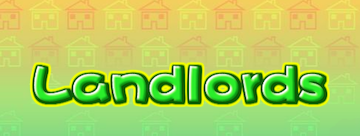
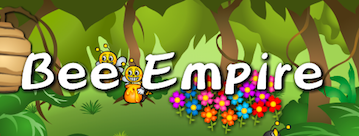


Just noting that although this information is good about the nutrients the examples are primarily animal based other than the oils. Would be good to see additional examples if where these nutrients are also rich in vegan food sources, like nuts, fortified plant milks, sunlight, etc.